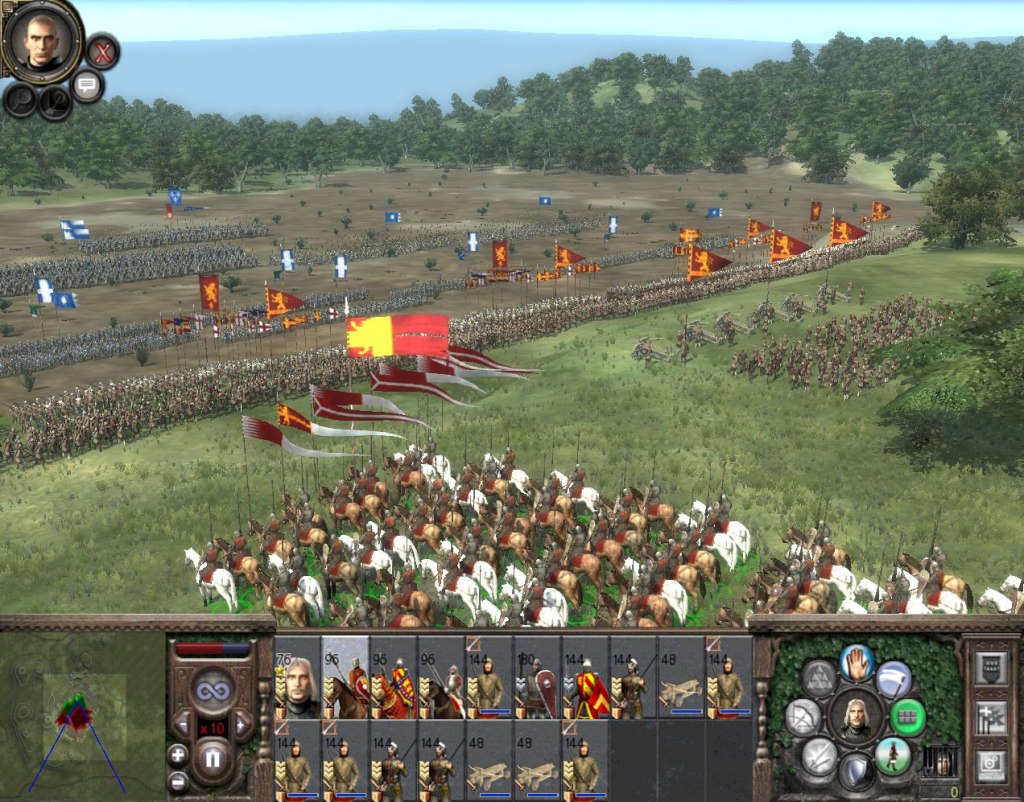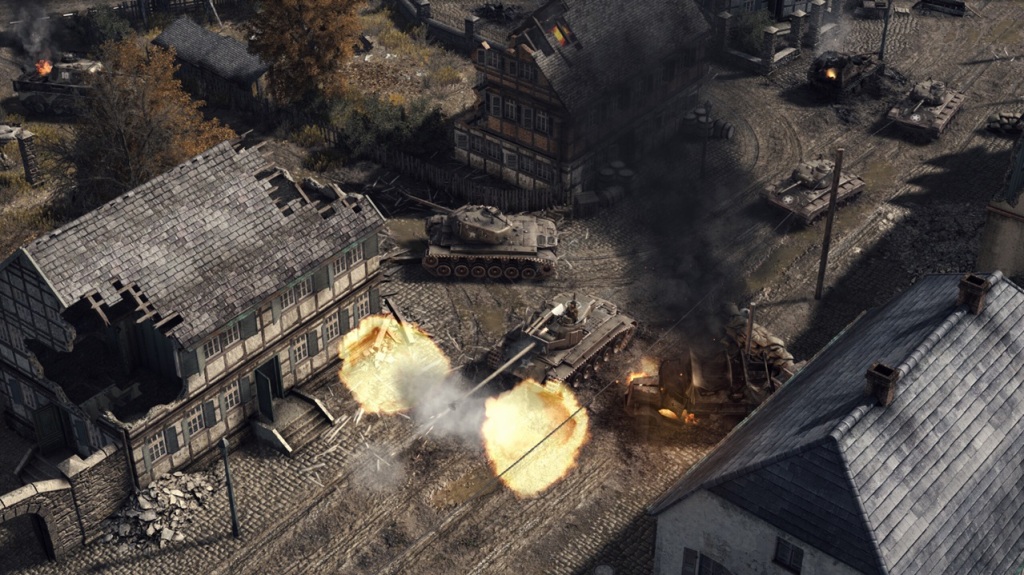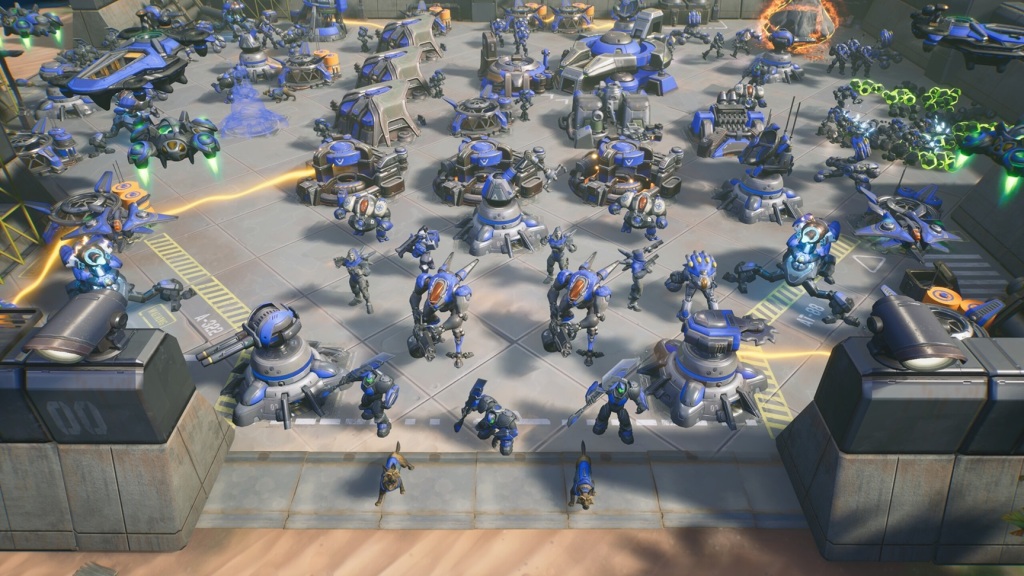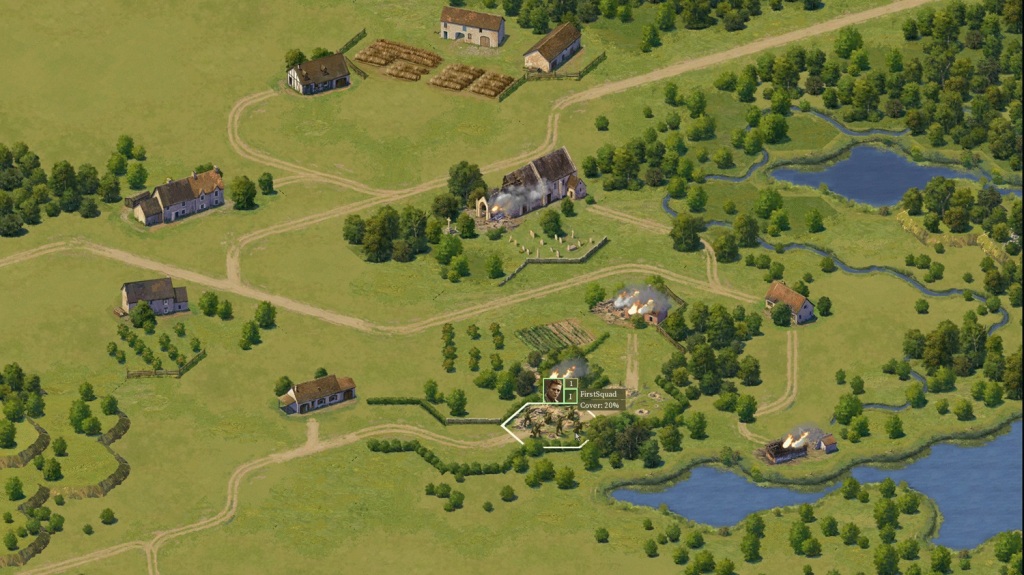Hi everyone!
Maybe it’s just me, but as a keen strategist and wargamer, I don’t feel the community is being served well. Obviously, this is an immensely subjective topic. Everyone has different tastes and preferences; after all, variety is the spice of life, right? That being said, I guess this is as good a place as any to see if my sentiments are shared by anyone else.
So, what is my basis for feeling this way?
Let’s take Total War: Medieval 2 as an example. That’s a game I sank many hours into, and it was released in 2006—nearly twenty years ago! Its predecessor, Medieval: Total War, came out in 2002. In just four years, the game improved significantly in graphics, AI, and overall player options. Do we think the Total War franchise has progressed as much over the last twenty years? I certainly don’t! In fact, a few people I have spoken to believe the franchise is going backwards.
Now, let’s look at something more hardcore—Gary Grigsby’s War in the Pacific: Admiral Edition. What a behemoth of a game. The detail, size, scale, and scope—it’s just a monster. And you know what? It’s great. Released in 2004, it remains unmatched in its scale and scope. The closest rivals are, in fact, more Gary Grigsby games! Imagine a game of that detail being made today with a modern UI, faster processing power, and improved AI.
More recently, Men of War 2 and Company of Heroes 3 come to mind. Both games are built on formulas from the 2000s and are currently rated ‘mixed’ on Steam. Maybe the 2000s were a time when PC computational power matched creative developers’ ideas; now, the balance has shifted. PCs are significantly more powerful, yet the ideas seem stuck in the past or perhaps too afraid to innovate.
I’m not even going to get started on the Combat Mission series—absolutely amazing for its time but really bogged down in an aging engine and scripted AI. Or what about Homeworld 3 – that was a travesty.
I don’t pretend to know why we are in a stagnant period for wargames that push boundaries or take things further, but I suspect it has something to do with money. Games today require more capital to develop and are constrained by financial pressures, which likely stifles innovation as developers opt for safer options. A good analogy might be an artist being told what to paint and when.
As I mentioned at the beginning, I’m really keen to know what you think. It’s an emotive topic because so many of us are invested in wargaming. If you have comments or want to discuss, please keep it civil and to the standards our community expects.
Follow Strategy and Wargaming Socials
If you enjoy Strategy and Wargaming, then you need to follow its socials. Are we the best strategy gaming website around? I would say so. So why not give us a follow on Twitter, or join the rest on Facebook? Or subscribe down below?
If you enjoyed the article consider buying me a coffee
I’ve been running Strategy and Wargaming at my own expense since 2017, with only the ad revenue to cover the hosting, with everything else being done by me. It’s thanks to the goodwill of video game publishers like Slitherine, Hooded Horse, and others that I’m able to cover games prior to their releases. So, If you’re an avid reader, you can afford it, and want to support the website, please consider Buying Me a Coffee by clicking this link.





Leave a comment